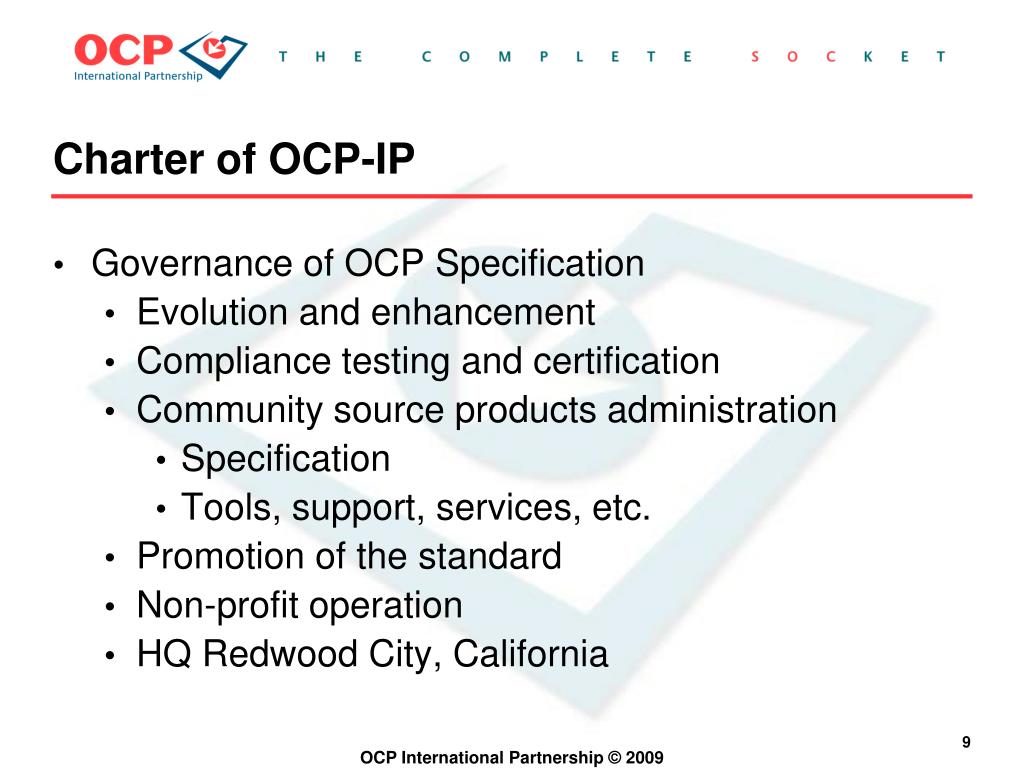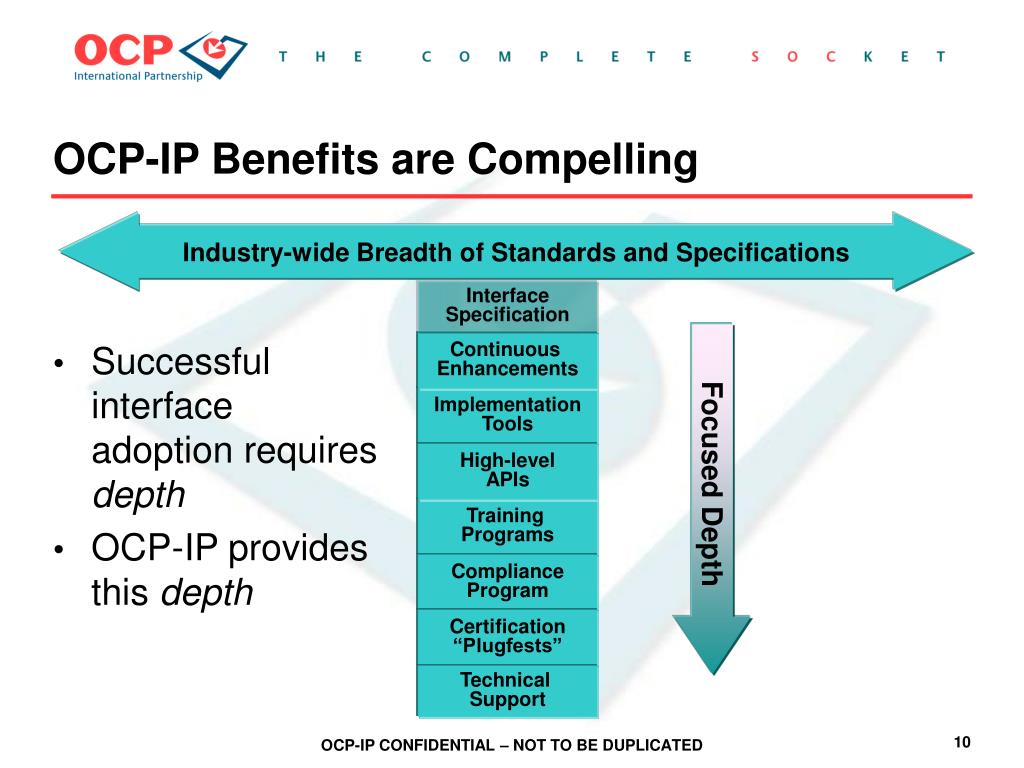Diving into the realm of OCP insurance definition, we unveil the intricacies of this specialized insurance coverage designed to safeguard businesses and individuals against the unforeseen. OCP insurance, an acronym for Owners and Contractors Protective insurance, serves as a shield against financial liabilities arising from errors, omissions, or negligence committed during the course of professional services.
OCP insurance policies provide a safety net for a wide range of professionals, including architects, engineers, lawyers, accountants, and contractors. It offers protection against claims alleging mistakes, oversights, or breaches of duty that may result in financial losses for clients or third parties.
Definition of OCP Insurance
OCP insurance, also known as Owner-Controlled Insurance Program (OCIP), is a type of insurance that is designed to provide coverage for all parties involved in a construction project, including the owner, contractor, and subcontractors.
The purpose of OCP insurance is to protect all parties involved in the project from financial losses in the event of an accident or other covered event. This type of insurance can provide coverage for a wide range of risks, including property damage, bodily injury, and business interruption.
Coverage of OCP Insurance
OCP insurance typically provides coverage for the following:
- Property damage
- Bodily injury
- Business interruption
- Extra expenses
- Delay in completion
Applicability of OCP Insurance
OCP insurance is applicable to a wide range of construction projects, including:
- Commercial buildings
- Residential buildings
- Industrial facilities
- Infrastructure projects
- Energy projects
Types of OCP Insurance
OCP insurance policies vary in coverage and limitations, depending on the specific type of policy. Understanding the different types of OCP insurance available is crucial for businesses seeking adequate protection against cyber threats.
Common types of OCP insurance include:
First-Party OCP Insurance
- Covers financial losses and expenses incurred by the policyholder as a result of a cyber incident.
- Includes coverage for data breaches, ransomware attacks, and business interruption.
Third-Party OCP Insurance, Ocp insurance definition
- Protects businesses from liability claims made by third parties, such as customers or partners, who have suffered losses due to a cyber incident caused by the policyholder.
- Covers legal expenses, settlements, and judgments.
Cyber Liability Insurance
- Combines first-party and third-party coverage, providing comprehensive protection against cyber threats.
- Includes coverage for data breaches, cyber extortion, and regulatory fines.
Factors to Consider When Choosing an OCP Insurance Policy
- Type and size of business
- Industry-specific cyber risks
- Coverage limits and deductibles
- Policy exclusions and limitations
- Reputation and financial stability of the insurance provider
Benefits of OCP Insurance
OCP insurance offers numerous advantages for businesses and individuals, providing protection against unforeseen incidents that could result in significant financial losses. Let’s explore the key benefits of OCP insurance:
Financial Protection
- OCP insurance provides financial protection against claims arising from errors, omissions, or negligence in the provision of professional services.
- It covers the costs of defending against claims, including legal fees, court costs, and settlements.
- This financial coverage helps businesses and professionals avoid the burden of potentially catastrophic financial losses.
Peace of Mind
- OCP insurance gives businesses and professionals peace of mind by providing a safety net against potential liabilities.
- Knowing that they are protected against financial risks allows them to focus on delivering their services without the constant worry of legal repercussions.
Enhanced Reputation
- OCP insurance demonstrates to clients and stakeholders that a business or professional is committed to maintaining high standards of practice.
- It serves as a mark of credibility and professionalism, enhancing the reputation of the insured party.
Real-Life Examples
Here are a few real-life examples of how OCP insurance has provided valuable benefits:
- An accountant made an error in preparing a client’s tax return, resulting in the client being fined by the tax authorities. The accountant’s OCP insurance covered the cost of defending the claim and paying the fine, protecting the accountant from financial ruin.
- A doctor prescribed the wrong medication to a patient, causing serious side effects. The doctor’s OCP insurance covered the cost of the patient’s medical expenses and legal fees, allowing the doctor to continue practicing without facing bankruptcy.
Considerations for OCP Insurance
Before purchasing OCP insurance, it’s crucial to consider several key factors to ensure the policy aligns with your specific needs and provides adequate coverage.
Underwriting Process and Risk Assessment
The underwriting process involves evaluating the risk associated with insuring a business. Insurers consider various factors, including industry, size, claims history, and financial stability, to determine the appropriate premium and coverage limits.
Impact of Industry
The industry in which a business operates can significantly influence the OCP insurance premium. Industries with higher risks, such as construction, manufacturing, or healthcare, typically have higher premiums than lower-risk industries like office work or retail.
Impact of Size
The size of a business can also affect the premium. Larger businesses with more employees and operations generally have higher premiums than smaller businesses due to increased potential for claims.
Impact of Claims History
A business’s claims history is a crucial factor in determining the premium. Insurers review past claims to assess the frequency and severity of incidents, which can impact the risk assessment and premium calculation.
Claims Process for OCP Insurance: Ocp Insurance Definition

The claims process for OCP insurance involves specific steps to ensure a smooth and timely resolution. Policyholders should be aware of these steps and the necessary documentation required for a successful claim.
Filing a Claim
Filing an OCP insurance claim typically begins by contacting the insurance provider and reporting the incident. The policyholder should provide detailed information about the occurrence, including the date, time, location, and any witnesses or involved parties. The insurance company will assign a claims adjuster to investigate the claim and guide the policyholder through the process.
Required Documentation
To support the claim, the policyholder must submit relevant documentation, such as:
- Proof of ownership or lease of the covered property
- Police report or other official documentation of the incident
- Photographs or videos of the damage
- Estimates or invoices for repairs or replacements
- Medical records or bills if injuries occurred
Claims Handling Process
Once the documentation is submitted, the claims adjuster will review the claim and determine its validity based on the policy coverage. The adjuster may contact the policyholder for additional information or to arrange an inspection of the damaged property. The insurance company will then make a decision on the claim and issue a settlement offer.
Potential Outcomes
The outcome of an OCP insurance claim can vary depending on the circumstances. The insurance company may:
- Approve the claim and issue a payment to cover the damages
- Deny the claim if it is determined to be outside the policy coverage
- Offer a partial settlement if the damages are partially covered
- Request additional documentation or investigation to further assess the claim
Comparison of OCP Insurance with Other Insurance Policies
OCP insurance shares similarities with other insurance policies, yet key differences set it apart. Understanding these distinctions helps businesses choose the optimal coverage for their specific needs.
Coverage Comparison
OCP insurance primarily focuses on protecting businesses from claims related to occupational diseases and workplace injuries. In contrast, other insurance policies offer broader coverage, such as:
- General Liability Insurance:Covers claims for bodily injury, property damage, and personal injury caused by the business’s operations.
- Workers’ Compensation Insurance:Provides coverage for employees who suffer work-related injuries or illnesses.
- Commercial Property Insurance:Protects the business’s physical assets, such as buildings, equipment, and inventory.
Exclusions and Limitations
While OCP insurance provides comprehensive coverage for occupational diseases, it typically excludes certain conditions. These may include:
- Illnesses caused by lifestyle factors (e.g., smoking, alcohol abuse)
- Injuries or illnesses resulting from intentional acts
- Conditions covered by other insurance policies (e.g., workers’ compensation)
Premiums
OCP insurance premiums vary depending on factors such as industry, number of employees, and risk level. Premiums tend to be lower than general liability or workers’ compensation insurance, as OCP claims are typically less frequent and severe.
Advantages and Disadvantages
Each insurance policy offers unique advantages and disadvantages:
| Policy Type | Advantages | Disadvantages |
|---|---|---|
| OCP Insurance | – Tailored to occupational diseases and workplace injuries- Lower premiums than other policies | – Excludes certain conditions- May not cover all work-related injuries |
| General Liability Insurance | – Broad coverage for various claims- Protects against third-party lawsuits | – Higher premiums- May not cover occupational diseases |
| Workers’ Compensation Insurance | – Mandatory in most jurisdictions- Provides comprehensive coverage for employees | – Excludes non-work-related injuries- May not cover occupational diseases |
Final Wrap-Up

In conclusion, OCP insurance definition embodies a crucial insurance coverage that empowers professionals and businesses to operate with confidence, knowing that they are shielded from the financial consequences of unintentional errors or omissions. By understanding the scope and benefits of OCP insurance, individuals and organizations can make informed decisions to safeguard their financial well-being and maintain their reputation in the face of potential liabilities.